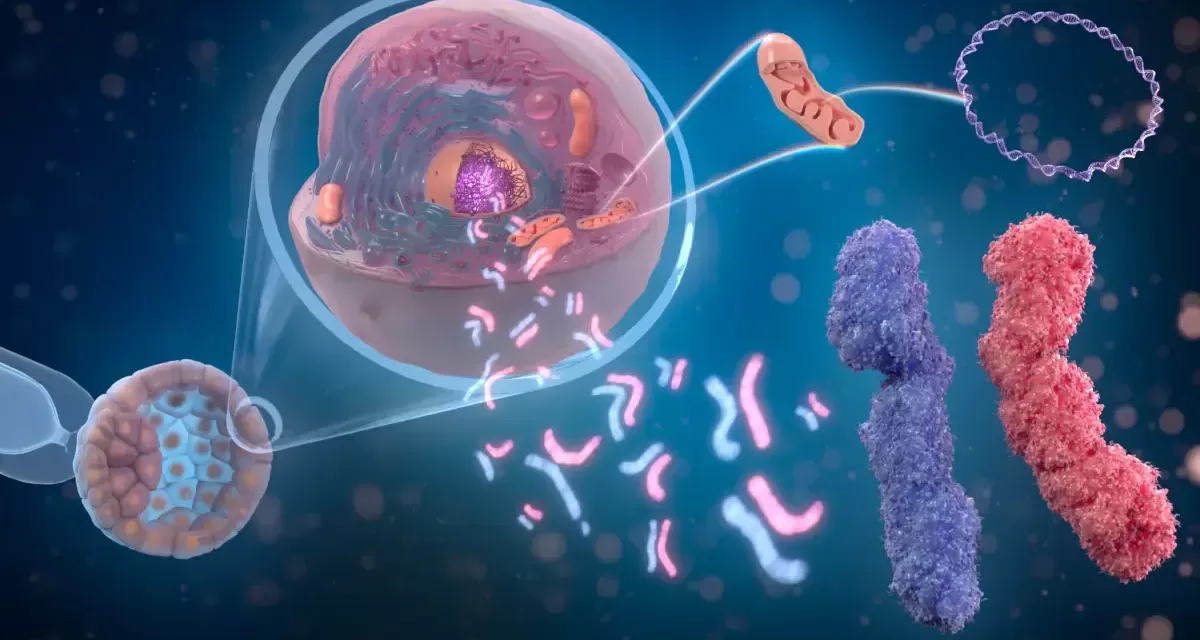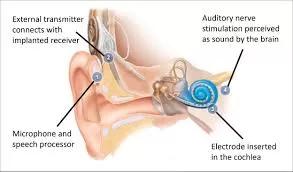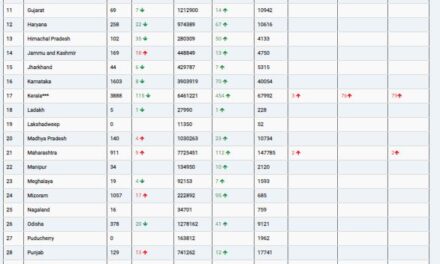New Delhi – Families of patients suffering from Lysosomal Storage Disorders (LSDs), a group of rare genetic diseases, are facing an urgent crisis as life-saving treatments come to a halt at AIIMS, Delhi. The crisis is rooted in the exhaustion of one-time funding allocated under the National Policy for Rare Diseases (NPRD) 2021. With the government’s funding now depleted, families are left desperate for help.
The situation has reached a critical juncture for many patients, including young sufferers like Ashok Kumar, Abdul Rehman, and Alishba Khan, whose health has deteriorated rapidly after their treatments were stopped. These patients require ongoing therapy, especially those battling Gaucher disease, one of the most prevalent types of LSD. However, the Ministry of Health and Family Welfare has yet to release the necessary funds, despite a Delhi High Court order directing the immediate provision of financial support.
In response, the Lysosomal Storage Disorders Support Society of India (LSDSSI) has issued an urgent appeal for sustainable funding. The organization is calling on the government to revise the current funding model, which currently provides only one-time financial assistance. Advocacy groups are emphasizing that this temporary aid is insufficient for the long-term care these patients need to survive.
“Without continuous treatment, the condition of patients like Ashok, Abdul, and Alishba will only worsen. We are facing a life-threatening situation,” said a spokesperson for the LSDSSI. “The government needs to provide sustainable funding that covers ongoing treatments and ensures these patients can receive the care they urgently require.”
Gaucher disease, along with other LSDs, causes a buildup of harmful substances within cells, leading to severe organ damage. Treatment often involves enzyme replacement therapy, which is critical to maintaining patients’ health and preventing irreversible damage. However, the costs are prohibitive, and the current funding mechanisms are failing to support these lifelong treatments.
The Delhi High Court ruling had initially sparked hope for the families, but with the Ministry of Health’s failure to act, there is growing concern among the patient community. Many fear that without immediate intervention, the lives of those affected by these diseases are in jeopardy.
As the battle for continued care intensifies, experts are calling for a revision of the NPRD 2021 to include sustainable funding that will ensure these patients can access necessary treatments without disruption. The current policy, while a step forward, has proven inadequate in addressing the long-term needs of those living with rare diseases.
Advocacy groups are now calling on the government to prioritize these patients’ well-being and provide them with the means to survive and thrive. Without timely action, the impact on these vulnerable families will be devastating.












